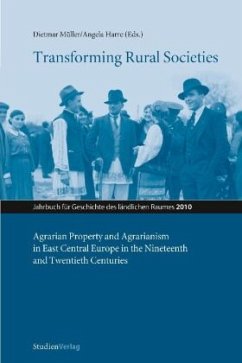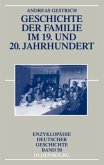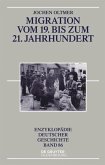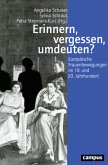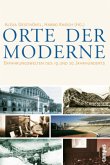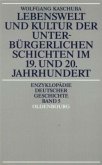Private property to land as well as the institutions for administering it, like cadastres and land registers, have undergone a spectacular ideological rehabilitation in the post-Communist transformation societies of East Central Europe. We witness another phase of ideological and institutional reconfiguration of property and development schemes for agriculture. This volume concentrates on the interrelations between changing property regimes and so called 'agrarianist' development strategies in the nineteenth and twentieth centuries. There had been property changes in an enormous dimension especially in the interwar period. The expropriation of the former feudal classes starting in 1918 was combined with a massive nationalist mobilization of the rural masses, thus threatening the property of ethnic minorities, too, and causing the rise of fascism and national chauvinism. In connection with missing improvements in rural production and the break-up of traditional social bonds, the peasants' standard of living deteriorated and they often turned against modernization as such. After World War II these reforms considerably influenced the degree of collectivization in communist times as well as the redistribution of formerly expropriated land during the social and intellectual transformation process in the 1990s. These processes are traced in the post-World War I land reforms, the professionalisation of rural elites and the institutionalisation of land accounting systems, in peasant parties and the agrarian press, and in the programs of peasant and fascist economists and politicians.With contributions by Alina Bojinca, Daniel Brett, Katja Bruisch, Stefan Dyroff, Johan Eeland, Frederick Ericksson, Angela Harre, Jovica Lukovic, Cornel Micu, Sr an Milosevic, Dietmar Müller, Traian Sandu and Piotr Wawrzeniuk.

